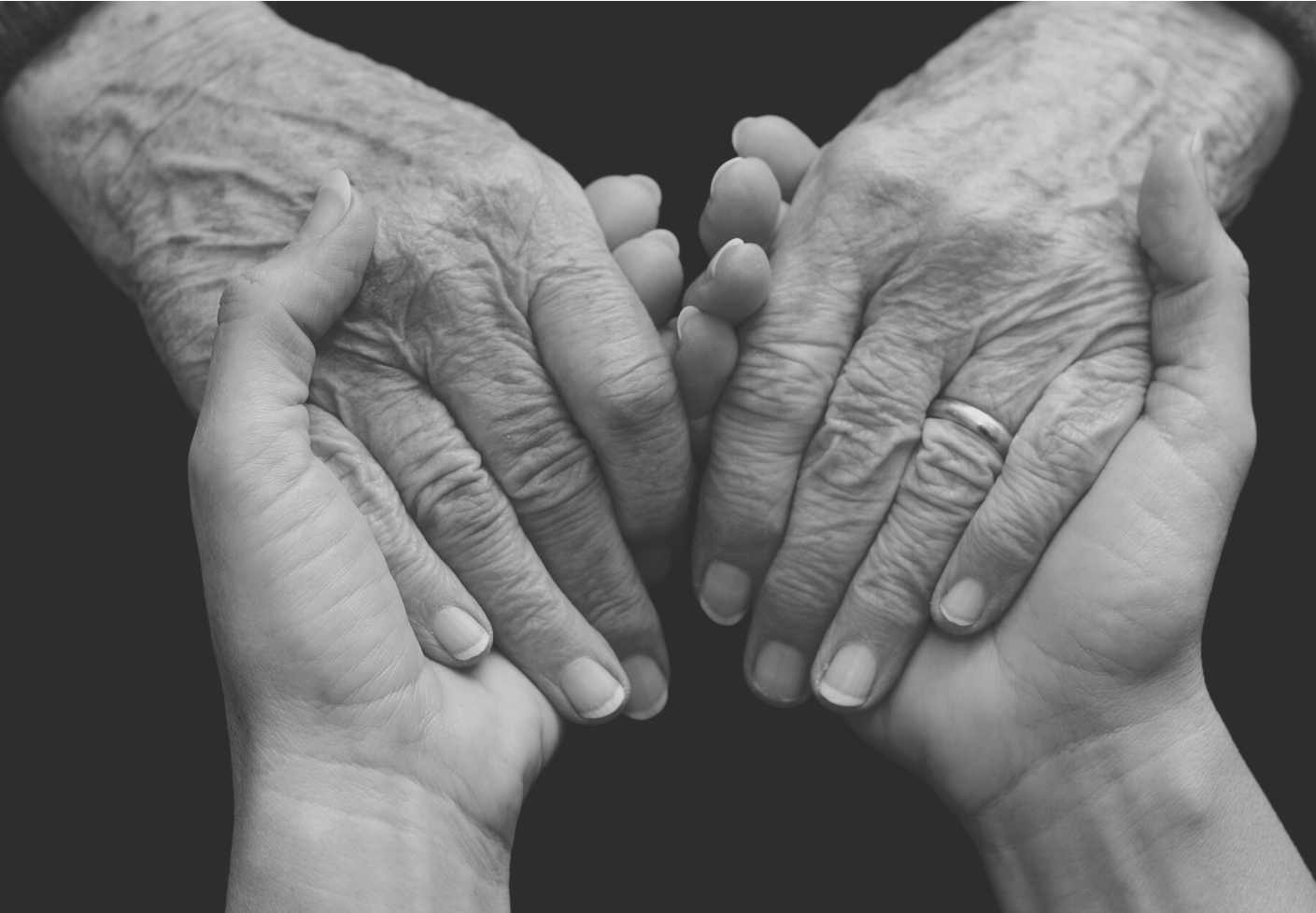Altruism: Helping Others Can Lead to a Happier You!
Assisting others who are less fortunate, emotionally, socioeconomically, or in poor health, can help change own our perspective to feel more positive.1 There is literature that suggests, helping others can change brain chemicals leading to more happiness.1,2 Furthermore, face-to-face volunteering, for example, lending a helping hand at a food bank or church can help reduce loneliness, isolation and can improve social and support networks.1,3

Additionally, altruism, especially random or planned acts of kindness, has the potential to improve your happiness. According to Kern et al. (2014), when you make an act of kindness or gratitude whether helping someone cross the street or letting someone with one item in line in front of you at the market, or saying thank you, it can enhance feelings of confidence, control, happiness, and optimism.1,4
How can you feel good right away? – volunteer for a committee with us at CALTCM your expertise will be put to good use and hopefully you will feel happier and connected.and build a personal network of like minded experts in PALTC – Consider the Public Policy, Clinical Practice, or Wellness Committees that always need your help. Or consider a donation to assist with webinars and educational programs with CALTCM or any other group that helps you feel good. Looking forward to meeting with you on a committee zoom call soon or in person at a conference.
References
- https://www.mentalhealth.org.uk/publications/doing-good-does-you-good/health-benefits-altruism
- Post S. It’s Good to be Good: 2014 Biennial Scientific Report on Health, Happiness, Longevity, and Helping Others. Int J Pers Cent Med. 2014;2:1:12-53.
- Pilkington PD, Windsor TD, Crisp DA. Volunteering and subjective well-being in midlife and older adults: The role of supportive social networks. Journals Gerontol – Ser B Psychol Sci Soc Sci 2021;67 B(2):249-60.
- Kerr SL, O’Donovan A, Pepping CA. Can Gratitude and Kindness Interventions Enhance Well-Being in a Clinical Sample? J Happiness Stud. 2014; 16(1): 17-36.

